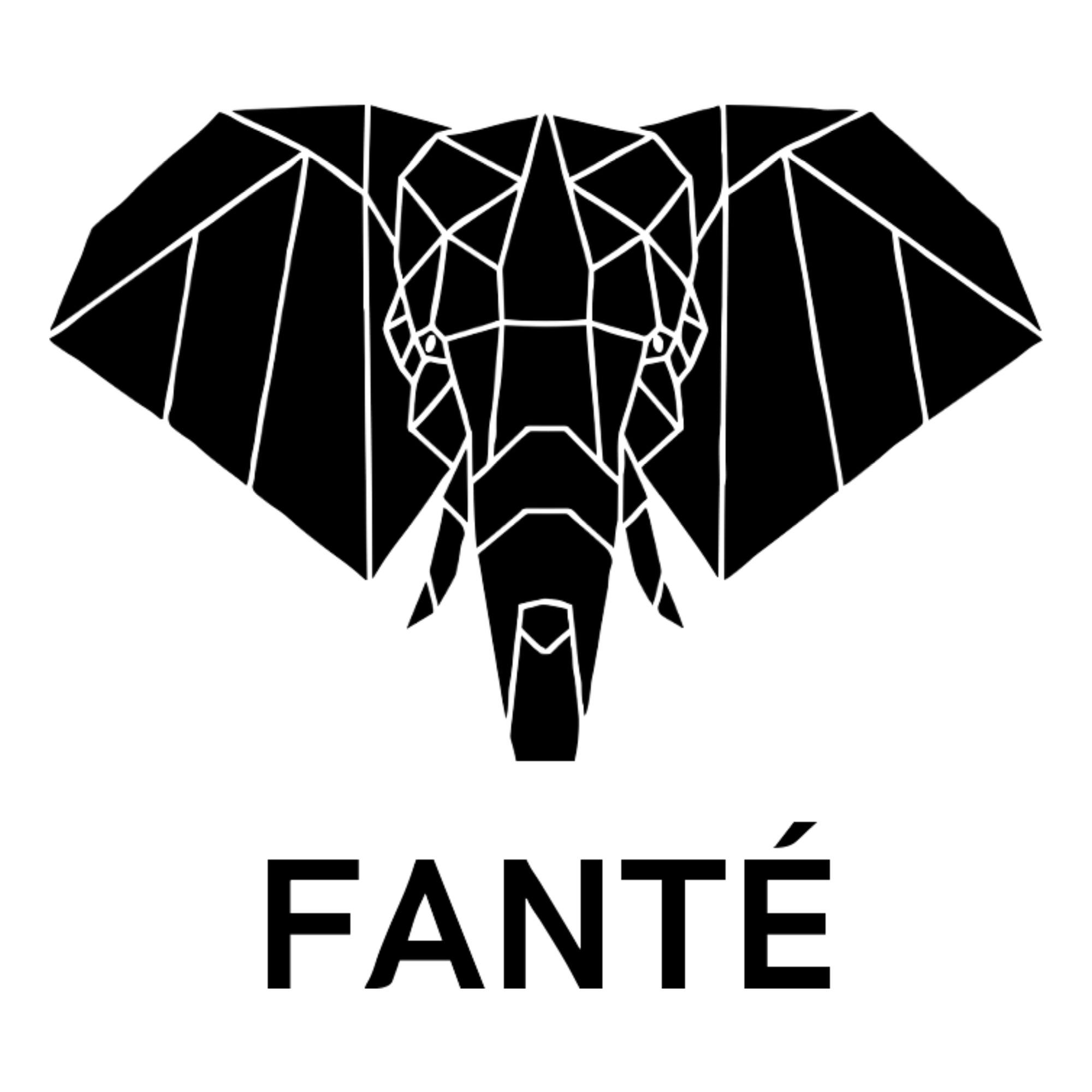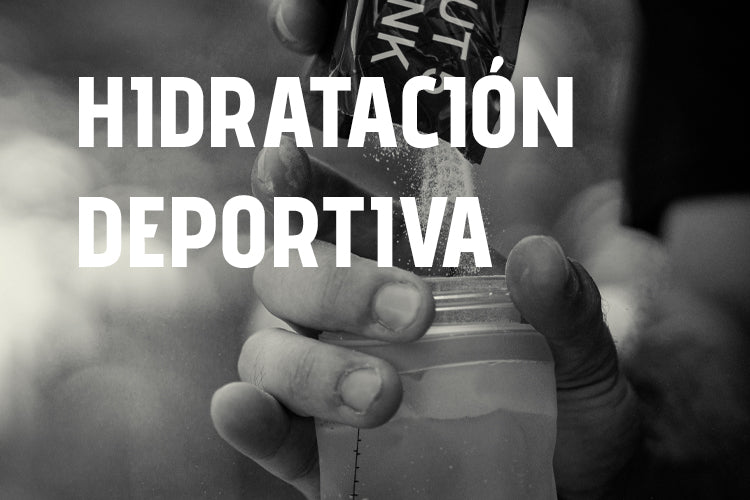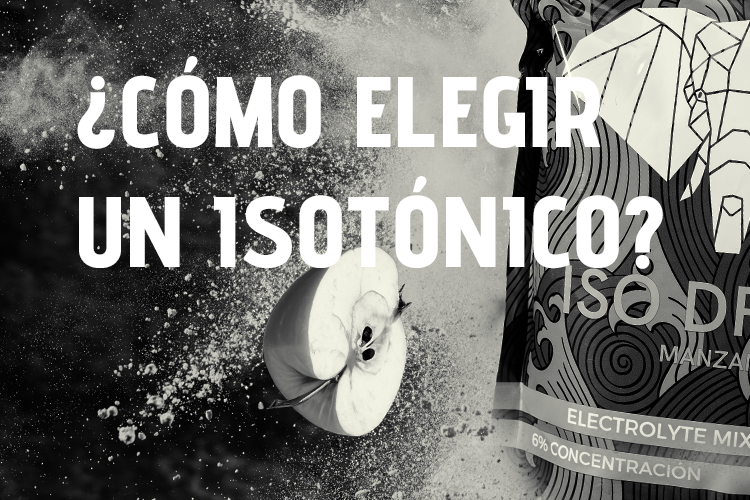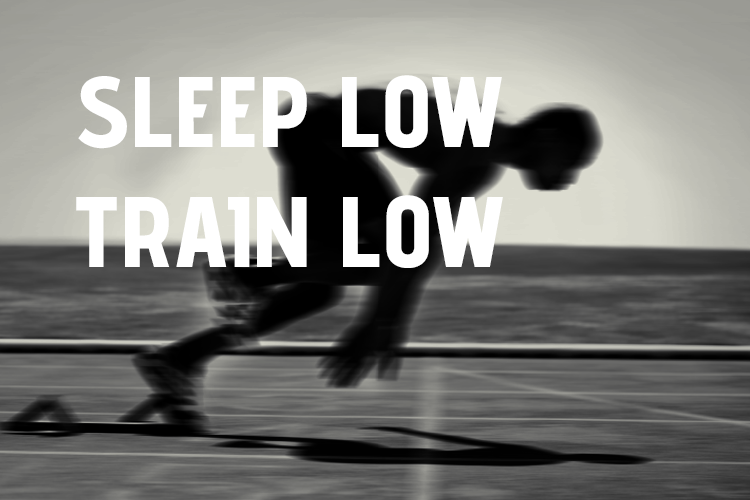Hydration in endurance sports during winter is an often overlooked topic. Colder temperatures decrease thirst sensation, which can lead to insufficient fluid intake. Furthermore, the dry winter air, combined with fluid loss through sweating and breathing, increases the risk of dehydration. Maintaining adequate hydration is essential to optimize performance, prevent injury, and avoid adverse effects such as muscle cramps, early fatigue, and decreased cognitive ability.
The use of carbohydrate drinks , isotonic drinks and products enriched with mineral salts , such as sodium gels , can make a difference in performance and recovery during prolonged winter activities.
WINTER HYDRATION REQUIREMENTS
Several scientific studies have established specific recommendations regarding fluid intake during endurance exercise. The main findings are presented below:
-
American College of Sports Medicine (ACSM, 2007) study :
- During exercise, the average sweat rate can vary between 0.4 and 1.8 liters per hour, depending on factors such as intensity, ambient temperature, and level of acclimatization.
- It is recommended to drink between 400 and 800 ml of water per hour to maintain adequate fluid balance during prolonged exercise. An effective option is to include an isotonic drink with mineral salts to replace lost electrolytes.
-
Study by Sawka et al. (2007) :
- Fluid intake should be adjusted according to individual sweat loss, ideally measured by body weight before and after exercise.
- In cold temperatures, an intake of at least 500 ml per hour is suggested due to fluid loss through breathing and hidden sweat. A combination of water and carbohydrate drinks can improve performance.
-
Study by Casa et al. (2010) :
- During endurance training in winter, it is important to maintain a constant level of hydration, as even 2% of body weight dehydration can significantly affect performance.
- The general recommendation is 0.6–1.0 liters per hour , with electrolytes added for longer sessions (>1 hour). Sodium gels are a versatile and practical option for supplementing hydration.
-
Study by Maughan et al. (2019) :
- Fluid balance should combine water and sodium to compensate for electrolyte loss. A solution with 0.3–0.7 g of sodium per liter is recommended for intense endurance training, preferably in the form of isotonic drinks .
Hydration Scheme According to Training Intensity

Summary
- Hydration in endurance sports during winter is critical due to decreased thirst sensation and increased fluid loss through respiration.
- The recommended fluid intake varies depending on the intensity and duration of the exercise, ranging from 400 to 1000 ml per hour .
- It is essential to include mineral salts , especially sodium, in higher intensity or longer duration workouts to prevent imbalances and improve water absorption.
- Isotonic carbohydrate drinks and sodium gels are practical and effective options for extended sessions, as they provide electrolytes and additional energy.
Conclusions
The studies analyzed demonstrate that adequate hydration improves performance and prevents the adverse effects of dehydration. Hydration during winter should not be neglected and must be tailored to individual needs, considering factors such as training intensity, duration, and weather conditions. Incorporating well-formulated isotonic drinks , carbohydrate drinks , and natural gels with sodium can be beneficial for optimizing performance and recovery in endurance sports.
Literature
1.American College of Sports Medicine (2007). Exercise and Fluid Replacement .
2.Sawka, MN, et al. (2007). Fluid and electrolyte balance: effects on thermoregulation and performance . Journal of Sports Sciences.
3.Casa, DJ, et al. (2010). National Athletic Trainers' Association Position Statement: Fluid Replacement for Athletes . Journal of Athletic Training.
4.Maughan, RJ, et al. (2019). Hydration and performance . International Journal of Sports Nutrition and Exercise Metabolism.




Leave a comment
This site is protected by hCaptcha and the hCaptcha Privacy Policy and Terms of Service apply.